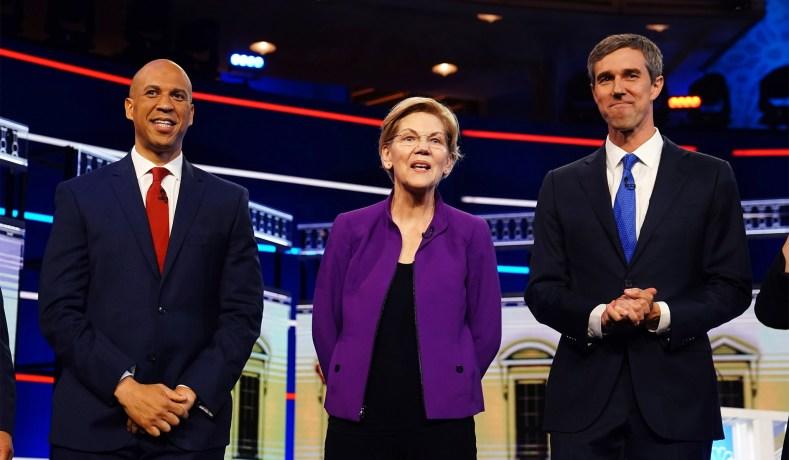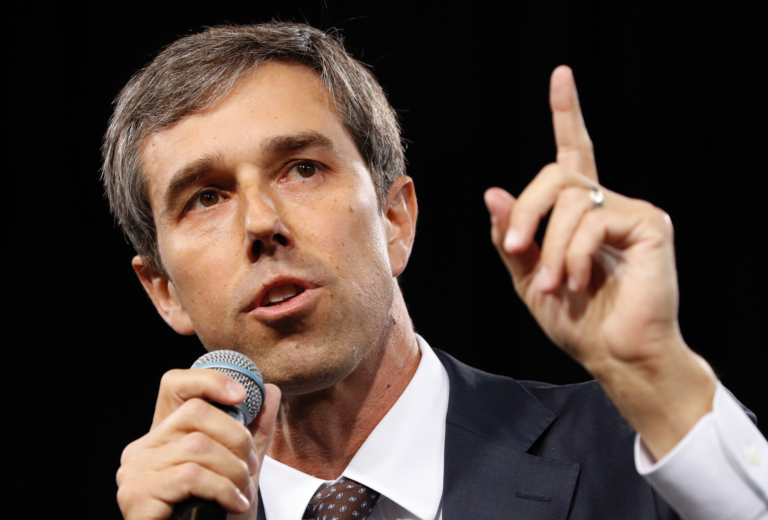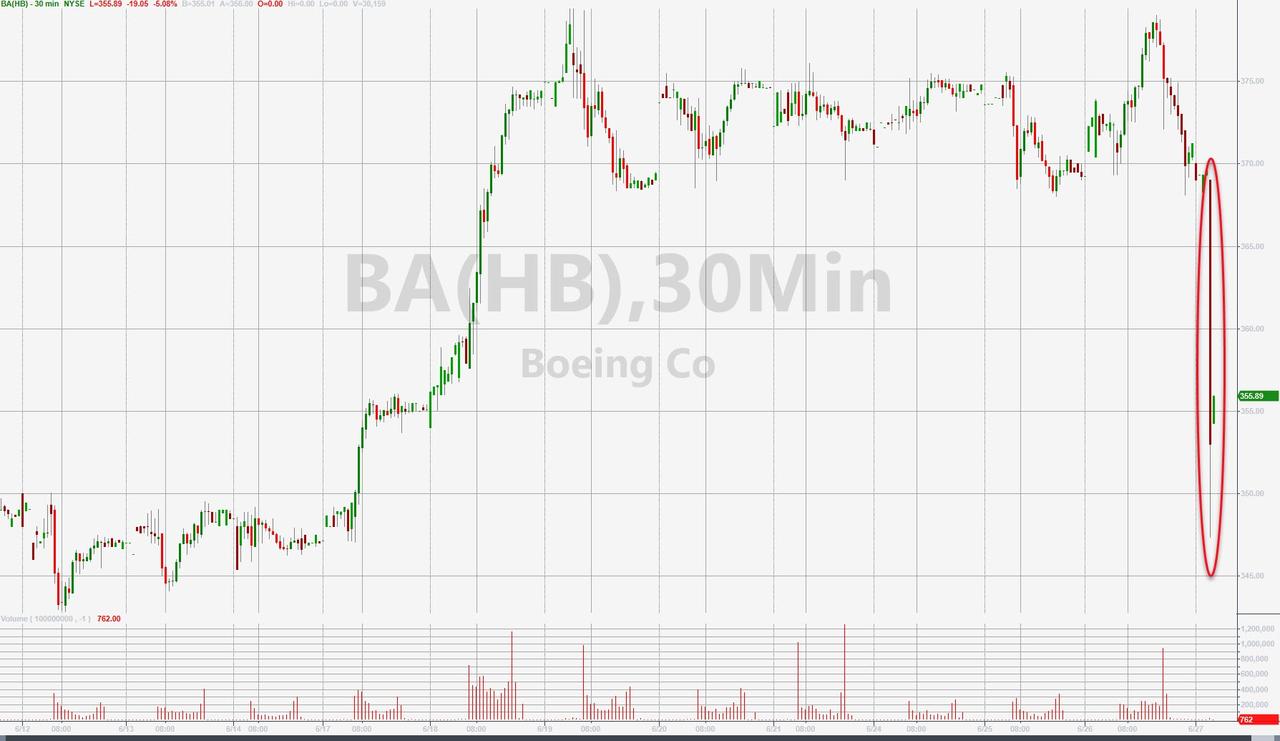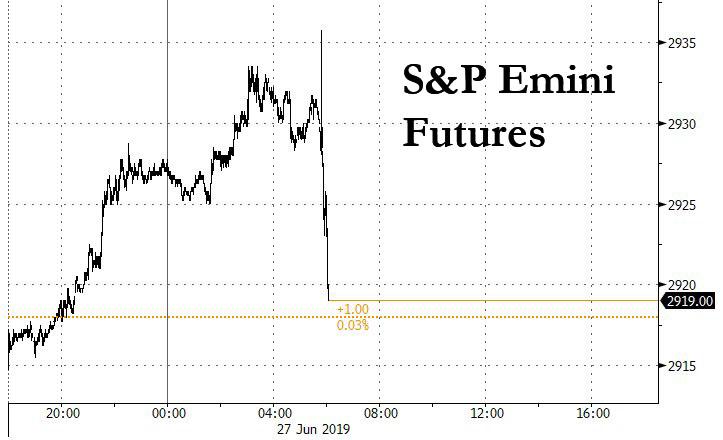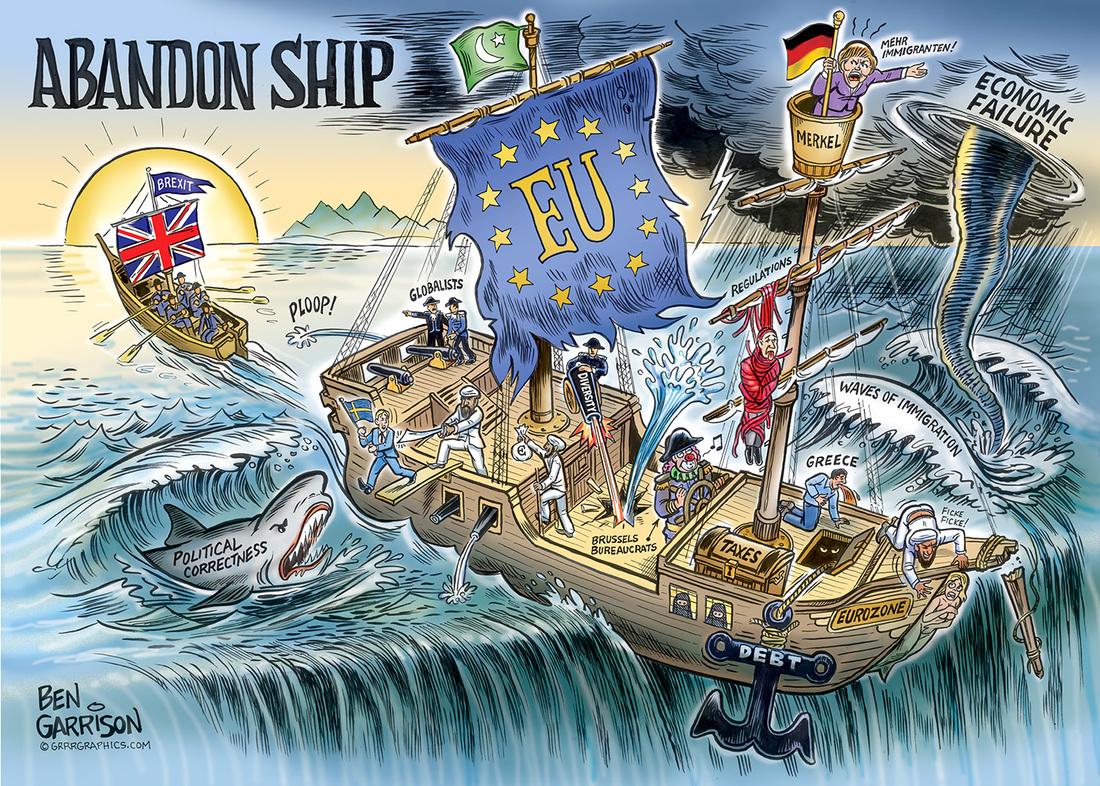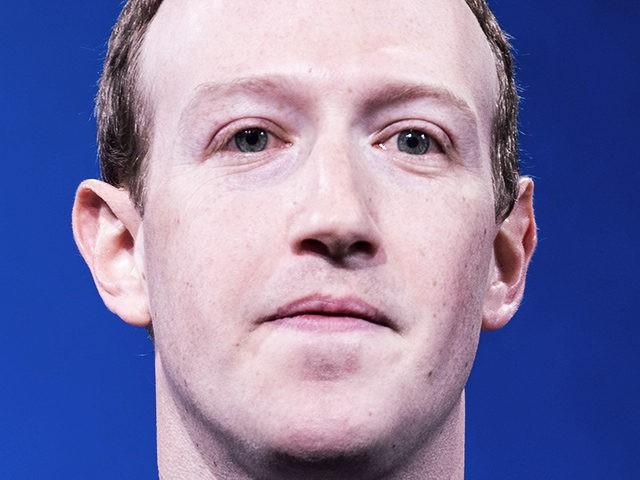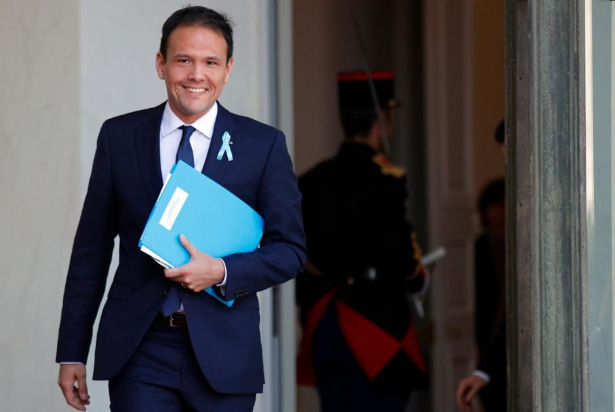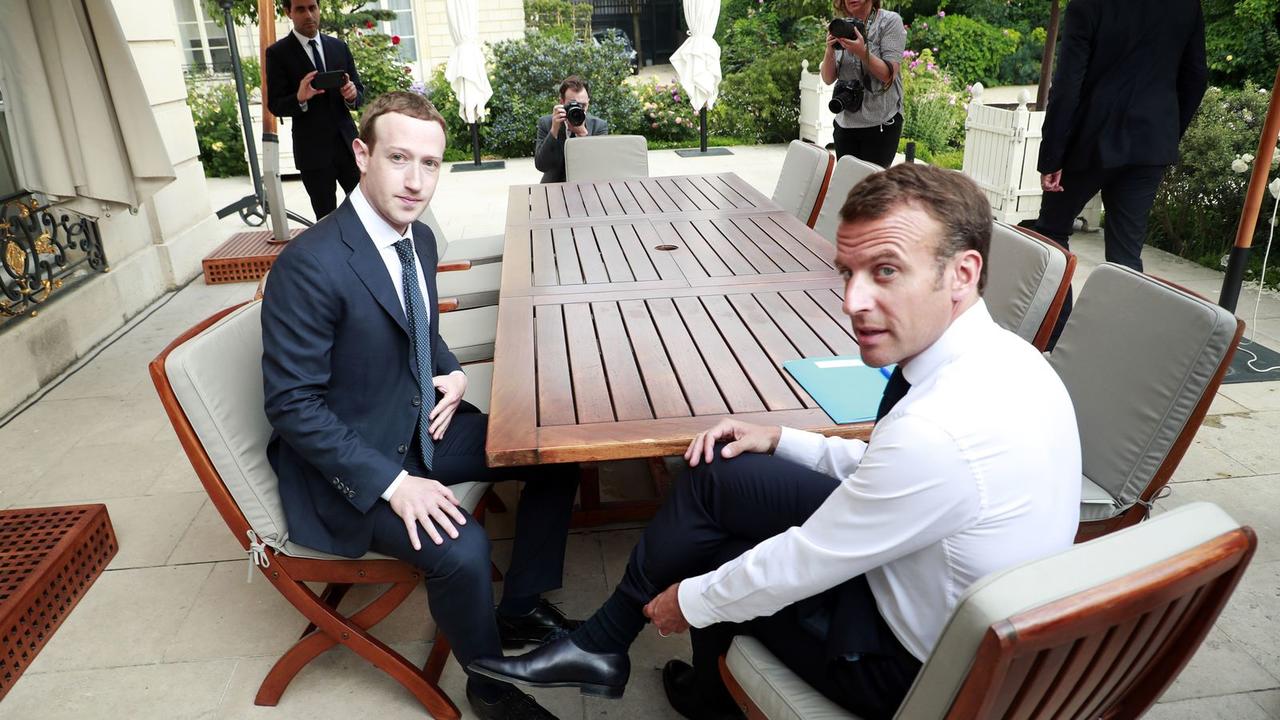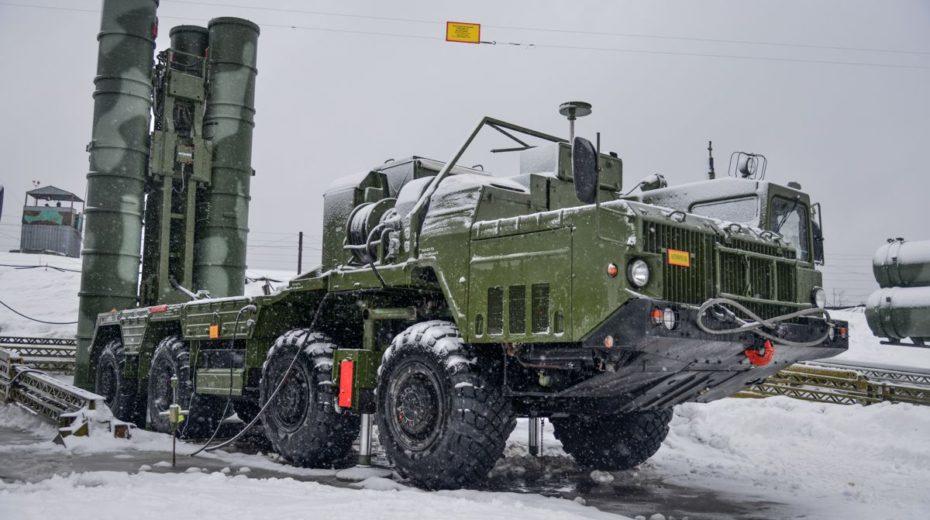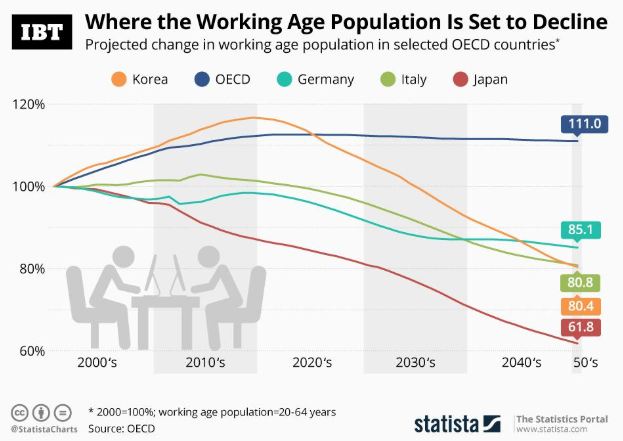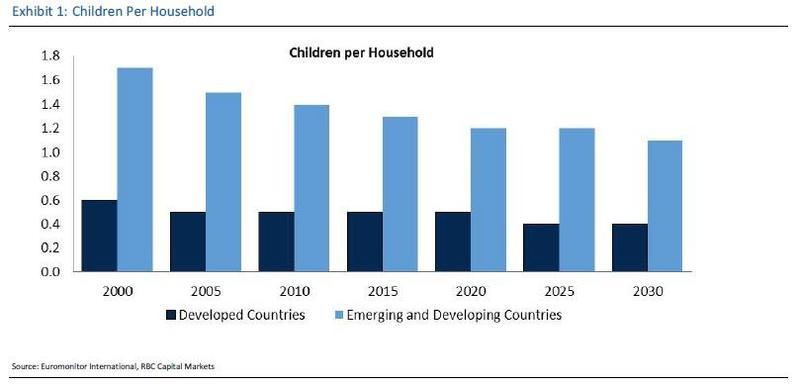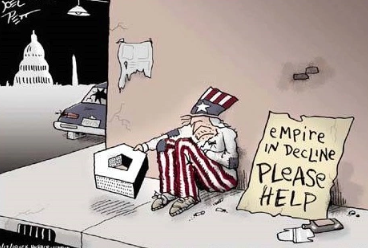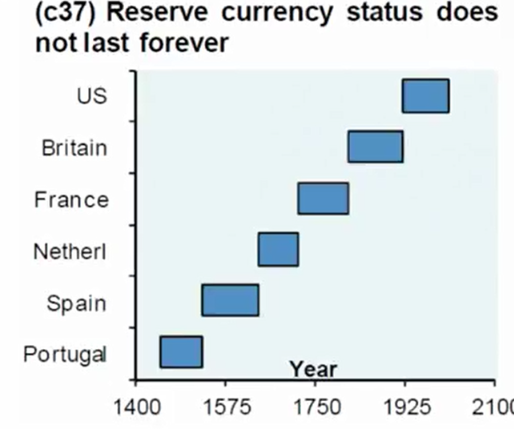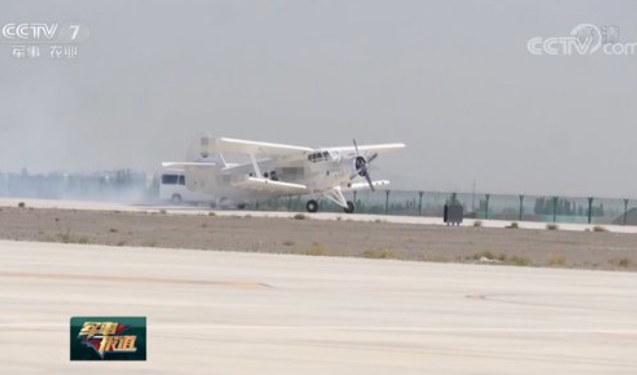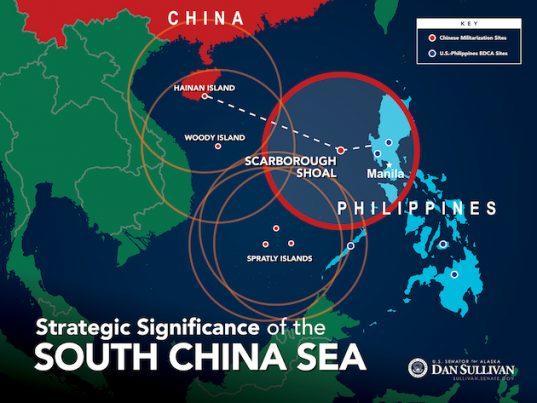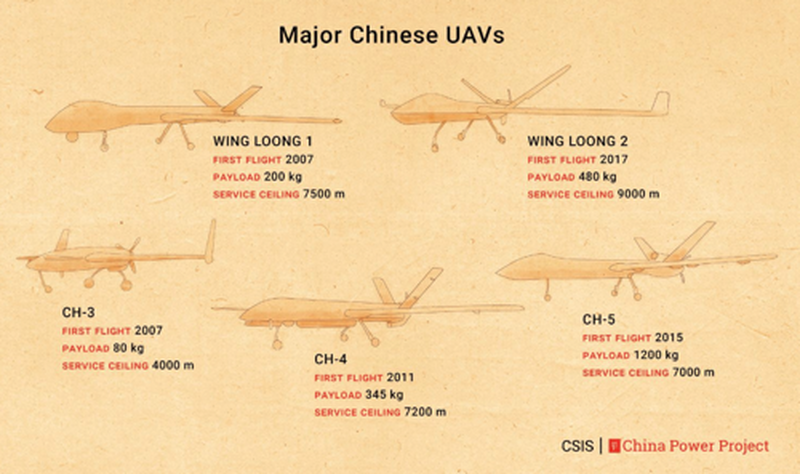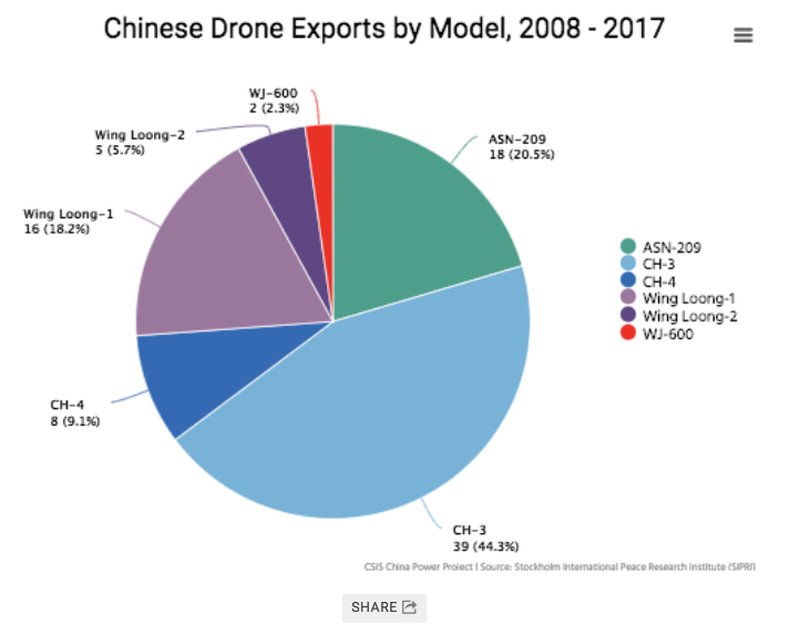Perhaps President Trump said it best, but aside from an awkward hot-mic moment, the first Democratic Party primary debate was “boring!“
BORING!
— Donald J. Trump (@realDonaldTrump) June 27, 2019
As Liberty Nation’s Graham Noble details below, the debate was an exercise in bland posturing with practically no substance.
Perhaps expectations for the first Democratic Party primary debate were too high. That may have been entirely natural among those who are politically aware as well as among those who pontificate about politics for a living. Many of these people hoped for at least a couple of bold soundbites, a clear policy statement or two, or a heated exchange. The June 26 event in Florida – part one of a two-part debate – was almost entirely devoid of any of those things.
The first quarter of the two-hour debate was focused on healthcare. There was little diversity of opinion and no detailed policy proposal, though the debate moderators were fairly rigid on limiting each candidate’s time and so none of the 2020 hopefuls could have really been expected to lay out specific legislative goals. That being said, the debate did absolutely nothing to more fully inform the American people about any candidate’s position.
Platitudes Over Policy
Everyone on the stage expressed the usual platitudes about providing universal access to healthcare. In true Democratic Party fashion, all ten candidates based their ideas on the assumption that government alone can provide the most efficient and cost-effective healthcare system the United States will ever have. This, of course, is entirely at odds with the entire history of human civilization, which teaches us that government is incapable of providing efficient, cost-effective services.
Interestingly, when the ten contenders were asked to raise their hands if they would abolish private health insurance, only New York Mayor Bill DeBlazio and Massachusetts Senator Elizabeth Warren did so.
Former Maryland Representative John Delaney was perhaps the most rational person on the stage and also the most ignored – with the exception of Amy Klobuchar (D-MN). On the subject of healthcare reform, Delaney suggested the best way forward was to “keep what’s working and fix what’s broken.” Though it will not be well-received by most Democratic politicians or their media lapdogs, Delaney may have uttered the most sensible line of the night when he later said his party should offer “Real solutions, not impossible promises.”
The Favored Ones
Warren, who was literally center stage, was given the most time to speak during that first section of the debate. Indeed, there was a definite bias – throughout the event – toward Warren, former Texas congressman Robert O’Rourke, New Jersey Senator Cory Booker and Former Housing and Urban Development Secretary Julián Castro. The other candidates had to fight for the opportunity to speak, on many occasions.
Other issues covered included immigration, Iran, gun control, and climate change. No specific policies were offered up by any of the candidates. Gun control was obviously a subject that made all of them uncomfortable. Clearly, not one of these Democrats had the courage to go on the record, in front of a national audience, with their plans for gun confiscation. To their credit, though, none of them professed support for the 2nd Amendment, which so many Democrats do – disingenuously – when pressed on the issue of gun rights.
All but one of the contenders agreed that the United States should sign on, once again, to the Iran nuclear deal. Sen. Booker declined but then, ironically, channeled President Donald Trump by asserting that a better deal should be negotiated.
The Also-Rans
All in all – for almost all ten candidates – it was, at best, a cautious performance and, at worst, a cowardly one. Castro made the biggest impact as one of the lesser-known 2020 contenders. Cory Booker perhaps comes out of the event with a slight boost and Warren, while not especially captivating, certainly retained her position as one of the front-runners.
Robert “Beto” O’Rourke
Robert O’Rourke continued to flail and did nothing, on the stage, to dispel the feeling that he is entirely out of his depth in a presidential race. He was scolded by Castro for his immigration ideas and falsely assumed that his command of the Spanish language would, perhaps, earn him some street cred, but that did not appear to work either.
Hawaii Representative Tulsi Gabbard had a moment to shine when she schooled Washington Governor Jay Inslee on the futility of the Afghan war but was not one of the chosen few who were allowed to hog the limelight. Inslee himself has a very limited future in this race.
Ohio Representative Tim Ryan made little impact, though he was one of only two candidates who acknowledged that his party has lost its way – becoming disconnected from blue-collar America and evolving into the party of the elites. The other candidate who made the same assertion was DeBlazio, who may have an equally limited lifespan in the 2020 race.
The debate may have had some effect on how Democratic voters view the respective candidates but probably did nothing to excite the base: Inslee, Klobuchar (who was the most lackluster figure of the night), Delaney, and Ryan were unable to capture that one, big moment they each needed to give their campaigns some steam. DeBlazio was the most aggressive but continues to be one of the least likable people in America. Castro, Warren and, perhaps, Booker were the winners of the night.
Gabbard and DeBlazio may have done enough to keep their hopes alive a little longer and, if Democratic voters are truly interested in moderation and something more rational, then Delaney may survive for a while longer. The other four are probably as good as done.
In the final analysis, this debate was an exercise in bland posturing with practically no substance. Trump, who tweeted “BORING!” during the debate, has little to worry about if this is the best the Democrats have to offer for 2020.
via ZeroHedge News https://ift.tt/2RFglKN Tyler Durden

